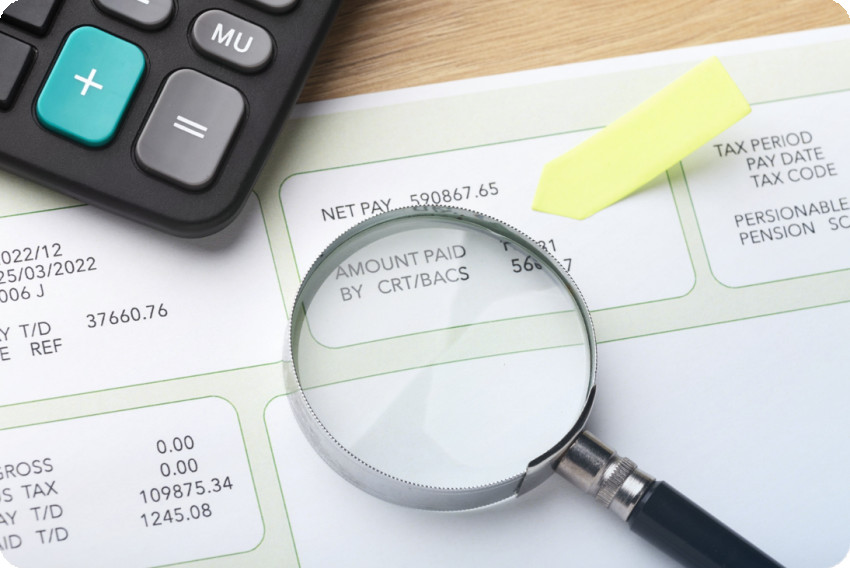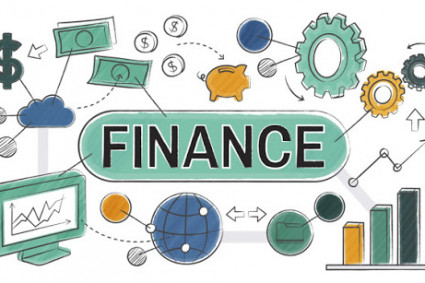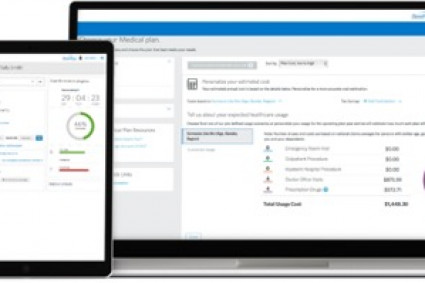
In the world of UK taxation, the term PAYE holds significant importance. Standing for Pay As You Earn, PAYE is a system that governs the collection of income tax from employees’ earnings. This article aims to demystify PAYE, providing a clear understanding of its workings, calculations, and implications on various financial scenarios.
What is PAYE?
PAYE, or Pay As You Earn, is a system implemented by HM Revenue and Customs (HMRC) in the United Kingdom to ensure the smooth and timely collection of income tax from individuals. It is the primary method through which employees’ income tax and National Insurance contributions are deducted directly from their paychecks.
How the Pay As You Earn System Works
The PAYE system operates on a straightforward principle: taxation is deducted directly from an employee’s salary or wages before they receive their pay. Employers play a crucial role in this process, acting as intermediaries responsible for withholding the appropriate amount and forwarding it to HMRC on behalf of their employees.
The system is designed to streamline the taxation process, making it more efficient and avoiding the burden of a lump-sum tax payment at the end of the financial year.
How is PAYE Calculated?
Calculating PAYE involves considering several factors, including an individual’s taxable income, tax code, and any applicable allowances or deductions. The taxable income includes not only the basic salary but also bonuses, commissions, and other taxable perks.
The tax code, a numerical figure assigned to each taxpayer by HMRC, determines the amount of tax-free income one can earn in a given tax year. Deductions for items like pension contributions and charitable donations may also impact the final PAYE calculation.
PAYE on Your Pension
Retirement brings about a shift in the dynamics of PAYE, especially when it comes to pension income. Pensions are subject to income tax, and the PAYE system ensures that tax is deducted at source before the pension payment reaches the individual.
Understanding the nuances of how PAYE applies to pensions is crucial for those planning their retirement, as it directly influences the net amount they receive.
PAYE When You’re Self-Employed
While PAYE is primarily associated with traditional employment, it also has implications for those who are self-employed. Self-employed individuals are responsible for managing their own tax affairs, including the payment of income tax and National Insurance contributions.
In this scenario, the PAYE system does not directly apply to regular paychecks. Instead, self-employed individuals are required to make regular payments to HMRC through the self-assessment tax returns, ensuring that their tax liabilities are met.
In the complex landscape of taxation, especially when dealing with PAYE, seeking the expertise of small business accountants can prove invaluable. These professionals possess the knowledge and experience to navigate the intricacies of PAYE, ensuring compliance and optimizing financial outcomes. As you embark on your financial journey, consider enlisting the support of small business accountants to navigate the complexities of PAYE and other tax-related matters. Their guidance can be the key to a smoother, more efficient financial management process.




